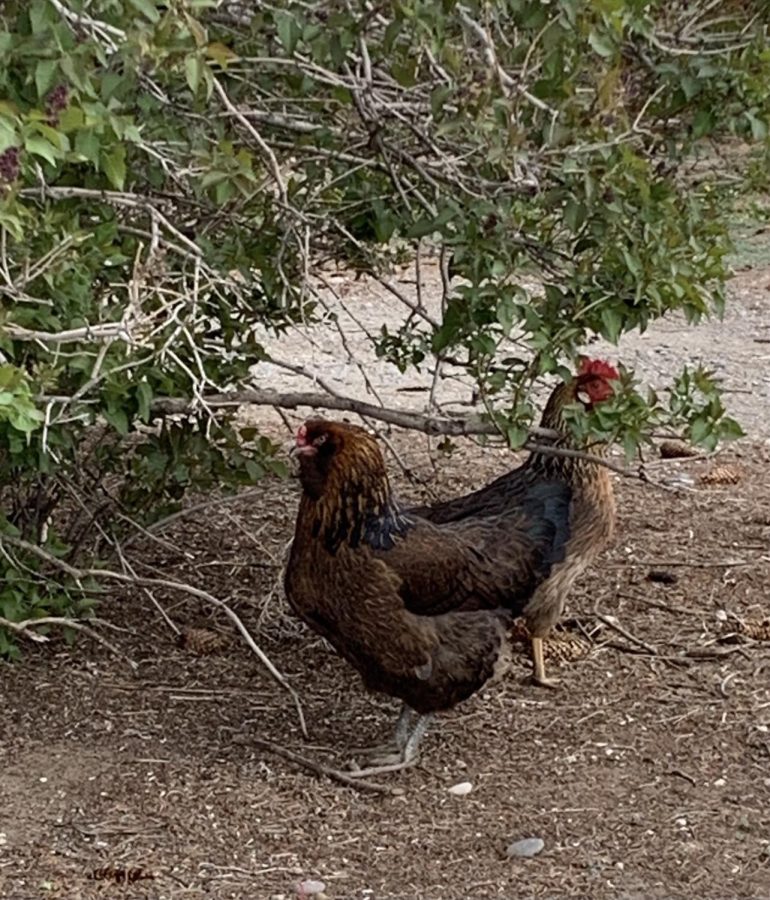WHAT THE CLUCK IS GOING ON?
There is a nation wide chicken shortage affecting many people, including PHS
Free-range chickens are less likely to contract the disease since they’re not in close contact with other birds, but they’re still susceptible.
At the beginning of 2022, the avian flu began breaking out in many major poultry farms, quickly spreading nationwide. While our economy naturally rising and falling is normal, many productions of goods are still in the midst of shortages.
The first case appeared in mid-December of last year, and the second case was confirmed in January. The avian flu infects primarily chickens and while no human cases have been reported from this flu, the illness is still affecting civilians in numerous other ways.
“The wholesale price of a dozen eggs cost less than $2 on average just four months ago,” Fortune reporting from the USDA said. “But according to data from the U.S. Department of Agriculture last week, a carton of 12 eggs today costs $2.95, and that’s on the rise.”
In the span of five months, the average price of grocery store large eggs has risen 44% compared to 2021. During the last avian flu outbreak in 2015, egg prices increased more than 80% after being one of the cheaper items of produce at grocery stores.
“Our eggs easily doubled in price,” culinary arts teacher Denise Laursen said. “Which meant that we had to be really careful with how we used them. There were some labs that we had to eliminate. And even though they worked really hard on them, I’m just like ‘no, I really can’t afford these eggs.’”
Over the past few months, nearly 27 million chickens have been infected with the avian flu. In March, it was confirmed that this strand is a high pathogenicity avian influenza outbreak, meaning it’s very infectious and is often fatal to poultry.
“Avian influenza, or ‘bird flu’, is a respiratory disease of birds caused by influenza A viruses,” Animal and Plant Health Inspection Service (APHIS) said. “Wild birds, such as ducks, gulls, and shorebirds, can carry and spread these viruses but may show no signs of illness. However, avian influenza can kill domestic poultry, such as chickens, turkeys, ducks, and geese.”
Larger poultry farms tend to be more susceptible to the avian flu due to it being so infectious and able to spread so easily. Smaller farms with free-ranging chickens tend to be less likely to contract the disease, but are not immune to it. Despite this, stores everywhere, including small towns, are racking up their prices.
“It’s kind of like COVID and how everybody freaked out,” environmental science teacher Wendy Smith said. “All the prices went up because everyone thinks they won’t be able to get anything, so it’s now even more in high demand. And with some of the places where they’ve had to kill chickens because there was an outbreak– I get it. But the price of an egg should be the price of an egg.”































